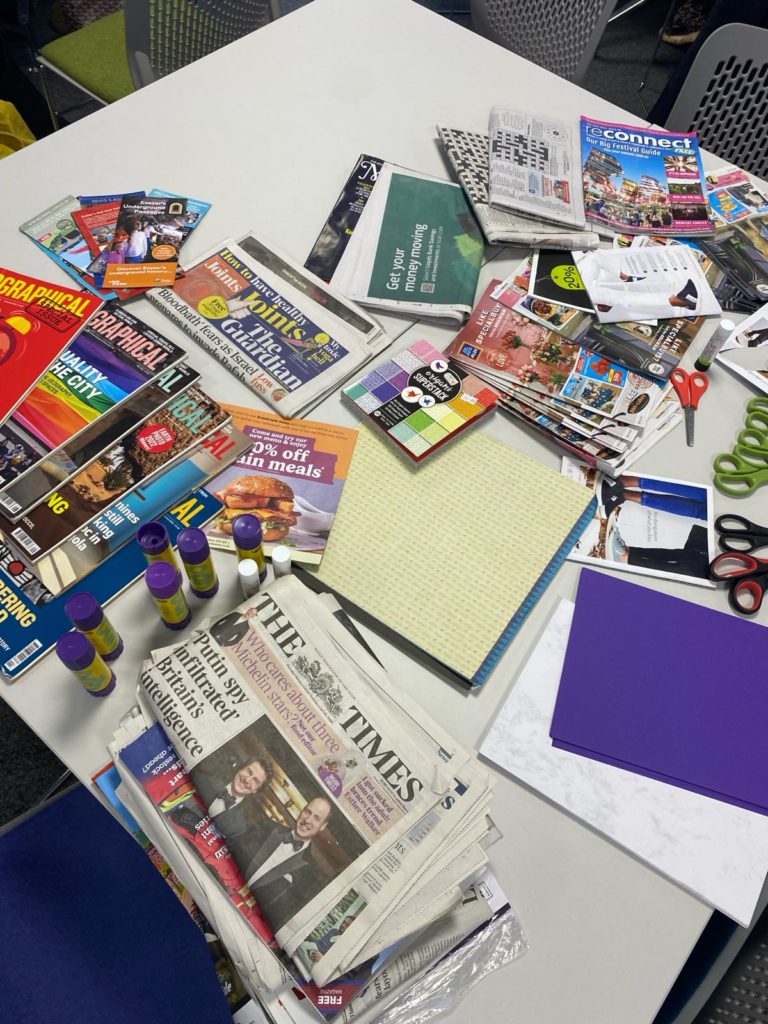Journeys (with)in: Securitisation of Migration in the Classroom
Journeys (with)in: Securitisation of Migration in the Classroom
Posted by gpg201
21 February 2024Our journey begun in September 2023. We started our learning travels with the puzzle of the security-migration nexus. We had many stops along the way, unpacking the theoretical limitations of the 1998’s Securitisation framework, expanding the agents, forms/devices, contexts, factors, and current challenges. From health, climate change, food (in)security, to the use of apps and drones, borders, and forms of resistance and contestation; from Las Patronas in Mexico, to narratives of vulnerability in the UK, to desecuritisation in Scotland and Ecuador, the receiving society’s reactions to refugees in South Africa, our journey has been expansive in breadth and depth. We further wondered if the framework can save itself, following Gomes and Rodrigues Marques calls for decolonial, global South interventions.
On week 18, it was timely to stop and reflect.
Not too long ago, scholars pointed out that:
Security studies in both ‘‘traditional’’ and ‘‘critical’ guises has for the most part privileged the rhetoric, speech acts and (in)securitising moves of politicians, policymaking communities, security professionals, private security companies and other elites
Vaughan-Williams and Stevens 2015, p. 241
And taking their claim, our class turned to the path of reflexivity, of connecting affect, seeing the classroom in Streatham Court as a site of possible contestation, resistance, and probably institutionalisation of Security repertoires. Students and I, as their lecturer, are agents in this journey because knowledge production and understandings have implications.
Are we inevitably situated in this process?
Taking one of the module’s topic on visual securitisation, we turned the classroom into a ‘site of production’ (Rose, 2001), and through words, symbols, images, scraps, we reflected upon our POL3300 Securitisation of Migration journey. Collage-making was the method through which this fascinating and revealing exercise took place.
The task was broad but not simple. I asked students to channel their learning experience in our module through the collage. There was no specific theme, students could focus on a concept, a feeling, a case, a memory. The only task was to think of themselves as a student of POL3300 Securitisation of Migration.
With the collaboration and expertise of my fellow Latin American educator and visual artist Ludmila Centurión Segovia, we were able to produce beautiful and compelling pieces. What you will see next is the creation of students’ narrative of securitisation.
